There’s a Limited Amount of Time in This Life, So Spend it Wisely
Knowing the future is less about knowing and more about doing. None of us know what’s going to happen tomorrow, next week or next year. We can only control what we’re doing right now.

Things we do now, affect the future, either for good or bad…it’s up to us.
There was a man that lived in Hawaii that loved major league sports. The problem he had was the time difference from the mainland to Hawaii. The games would be delayed and broadcast on TV in the evening. He would listen to them on the radio during the day and then watch the delayed broadcast in the evening.
This meant that he already knew what was going to happen. This affected his feelings and involvement when he watched. We need to be engaged and involve in life.
In Mark 13:1-8 Jesus tells His Disciples to, “Be careful and not let anyone fool you.” He gives them a list of things that will happen before the end. “There will be fighting and times of no food. There will be earthquakes and all sort of troubles.”
Things that have already happened multiple times throughout the history of the world.
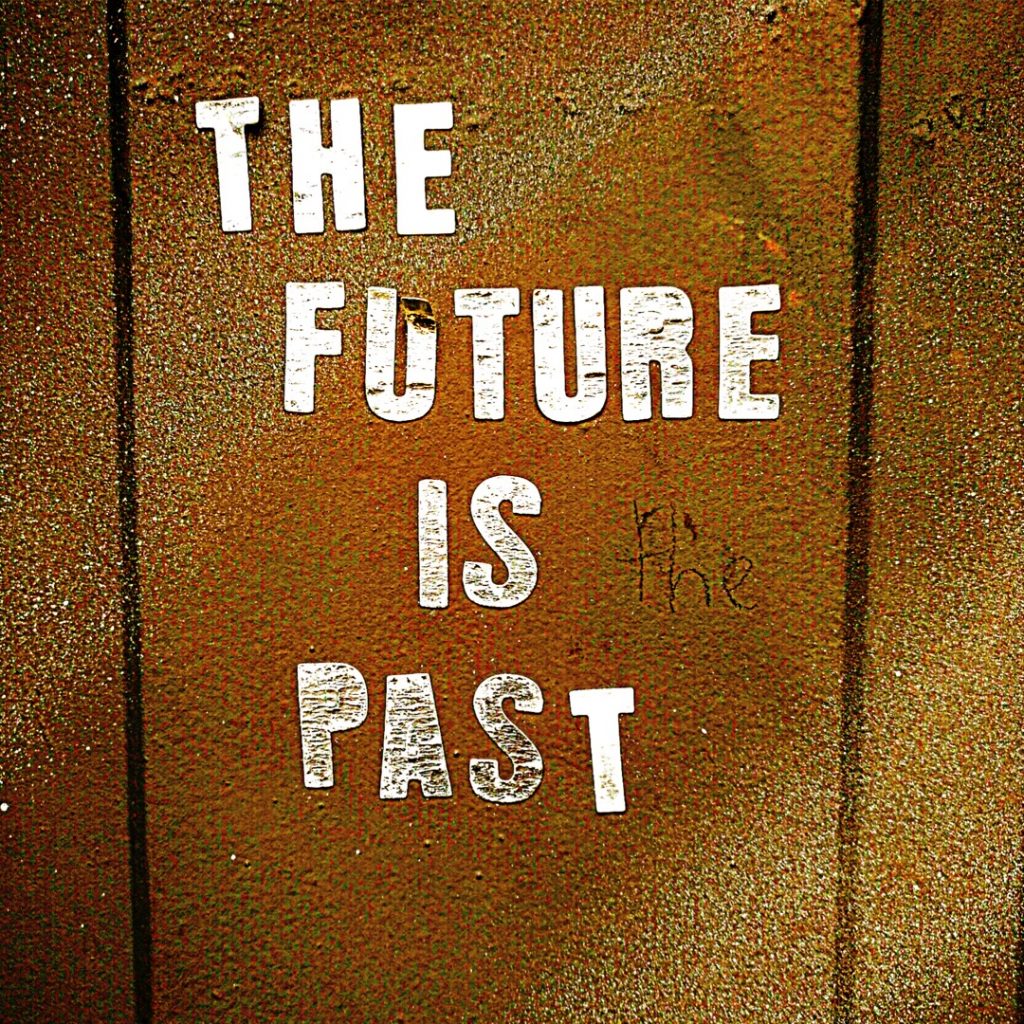
Jesus continues to list all the terrible things that will happen before He comes back. Throughout history there have been people predicting the end. Their record isn’t very good. Whether the end is our dying or Jesus’ second coming is not the point.
The thing to focus on is how we live this life.
In the 32nd verse of Mark 13 He says, “No one will know when that day or the time will be.”
So, if these things are going to happen before the end…and they’ve already happened, then why haven’t things ended already? Good question.
Things we do know are –
- We don’t know the future – We can plan, but we need to be willing and able to change. We need to be flexibly rigid. Fear of the future gives us something to blame. It gives us an out for being responsible. We need to learn from the past, look to the future and live in the present.
- We need to make the most of the present – If we know and trust God things will work out. This doesn’t mean sitting around waiting on God to do things. It means knowing God and following His directions. We are His hands and feet here in the world.
- God does know the future – If we know God’s character…we know His intentions. We get to know His character by reading His Word and talking with Him. We know that in everything God works for the good of those who love Him. Romans 8:28
Too much of the time we float through life with no clear plan or direction. This is not how God wants us to live this life. He wants us to actively participate every minute of every day.
We can choose how we will live this life…how we will use this gift we’ve been given.
Preparing for the end times is simple. Trusting in God and having faith is what it takes. If we don’t waste this life, we will have a much better eternity.


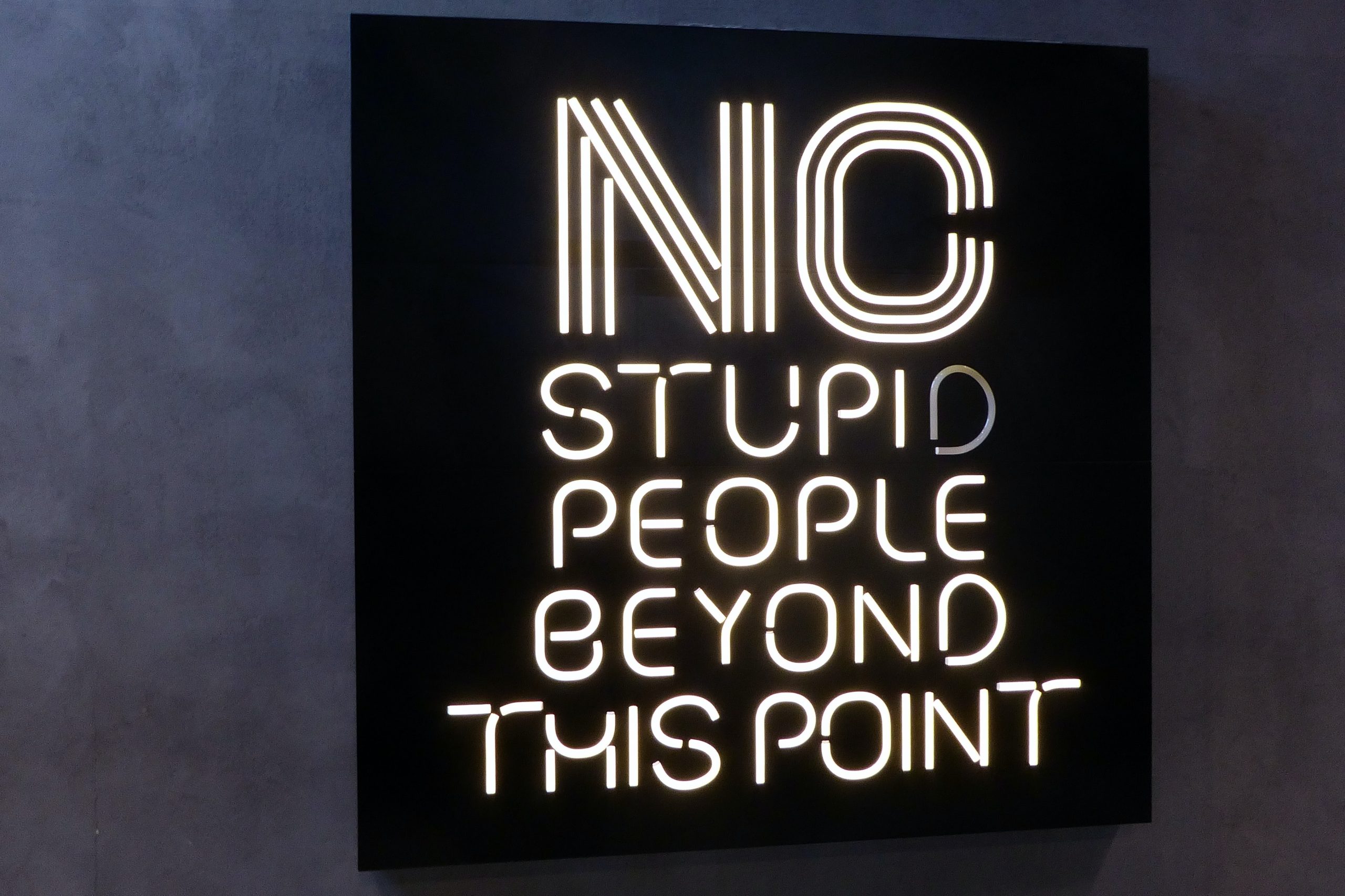


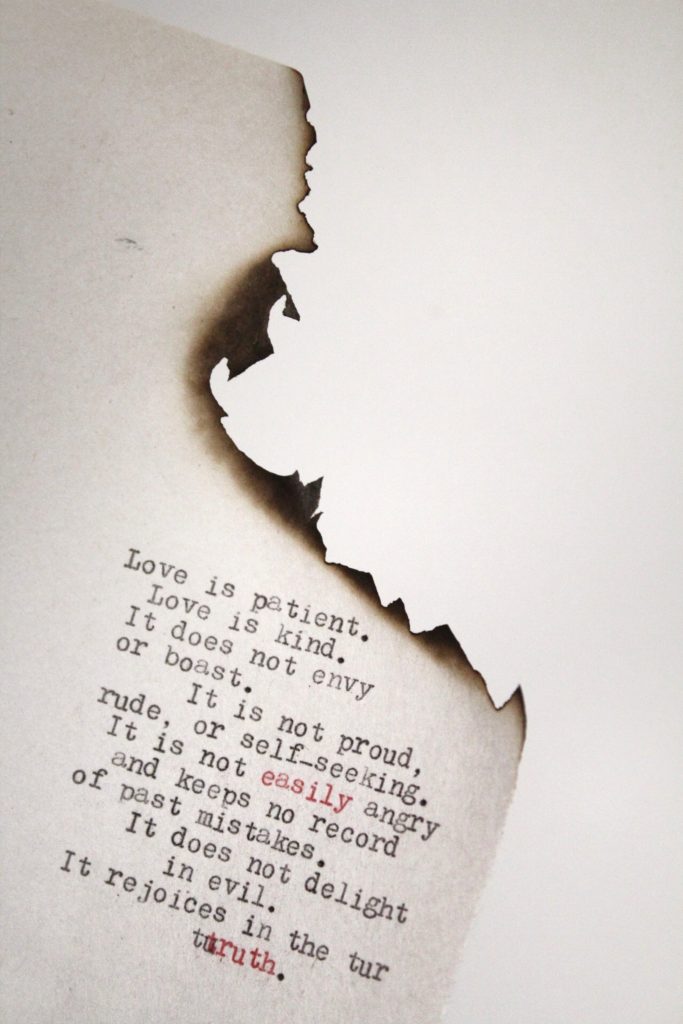






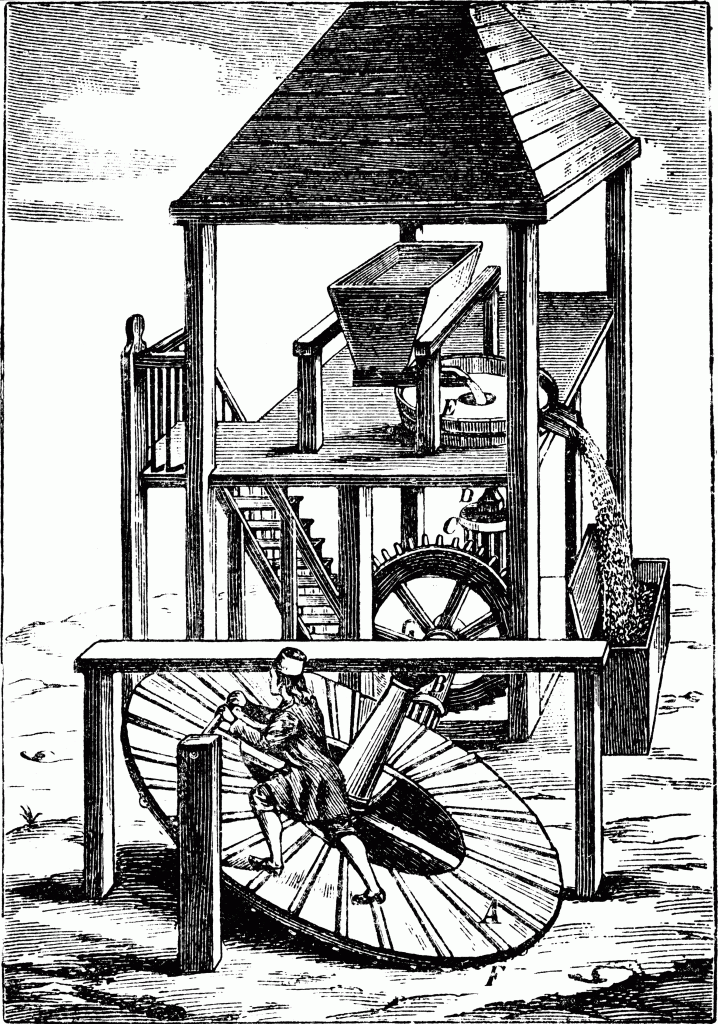




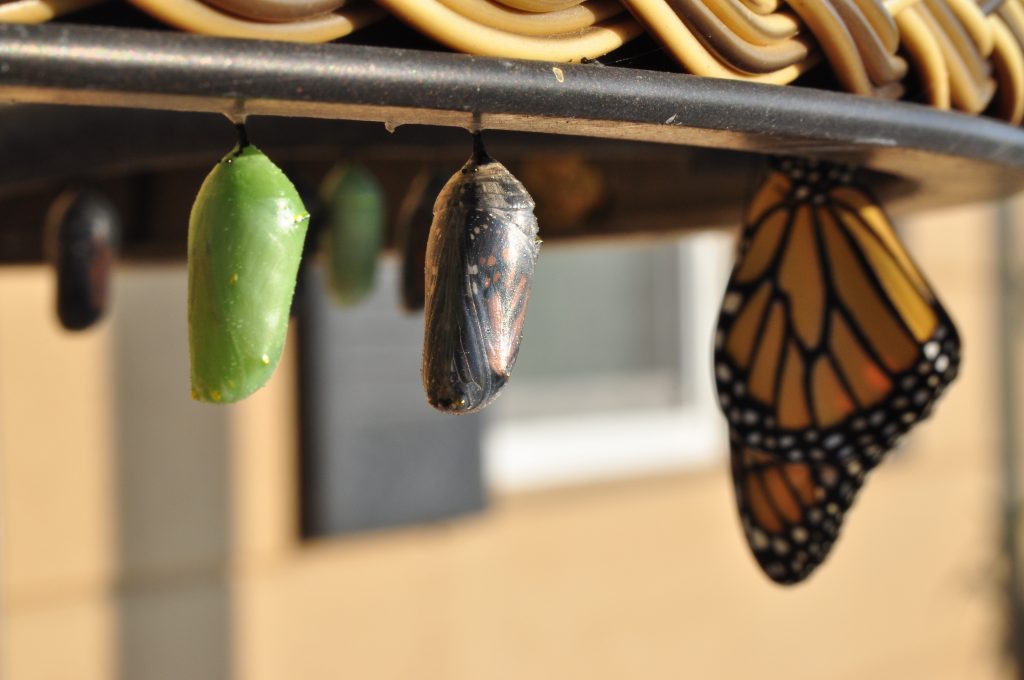
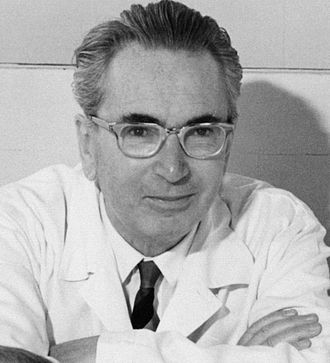







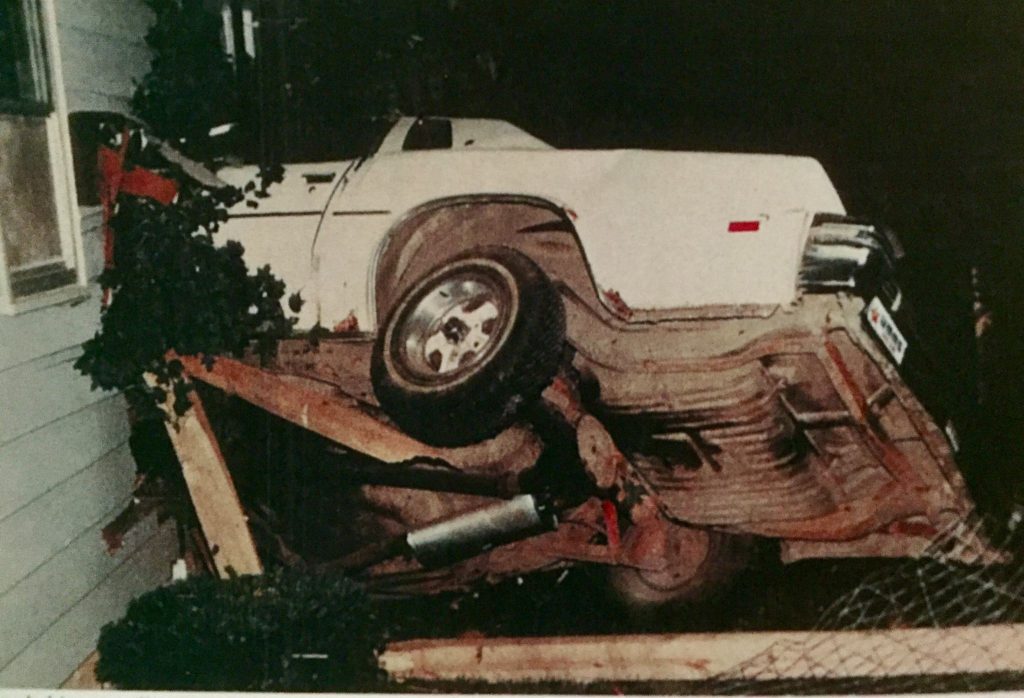




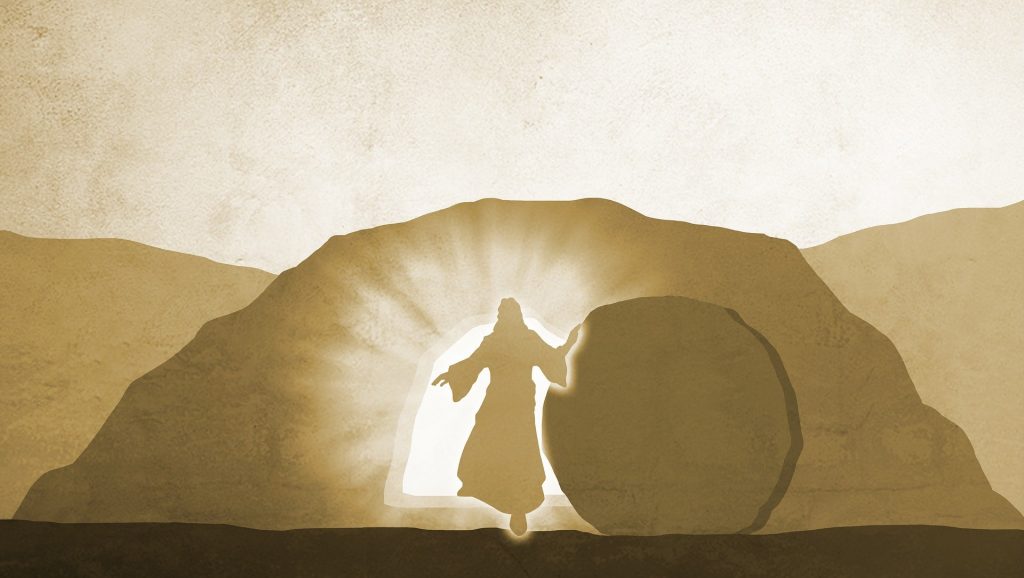

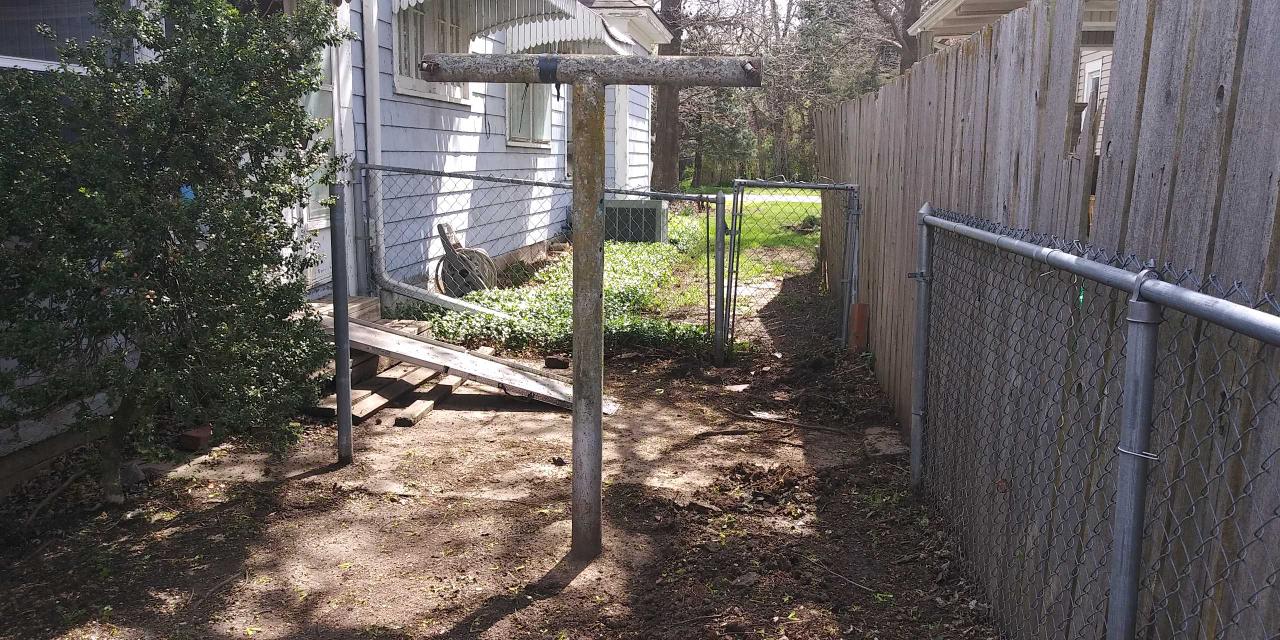

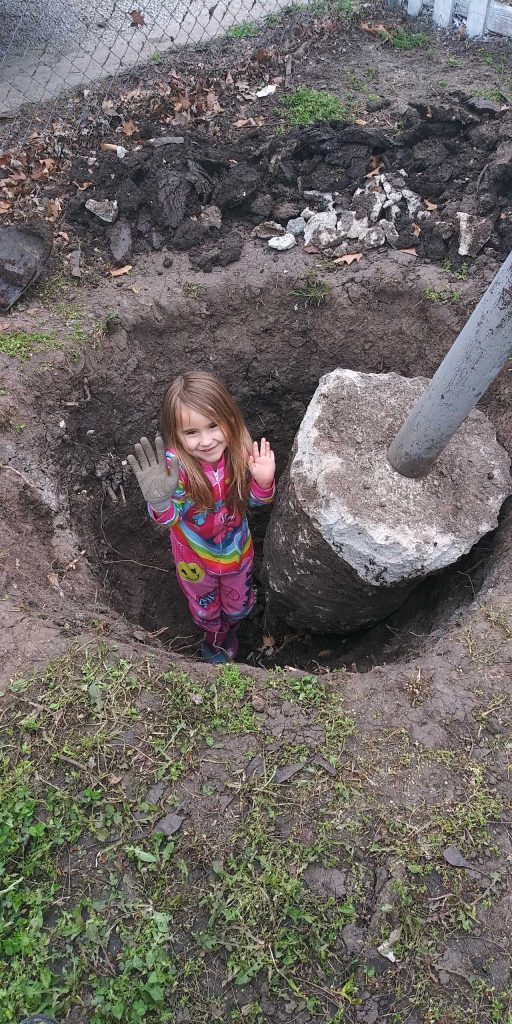
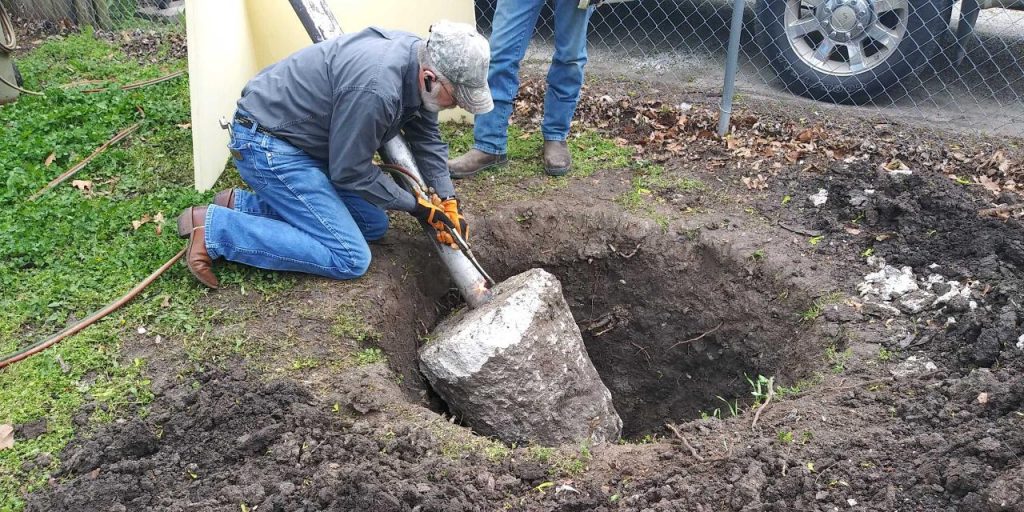
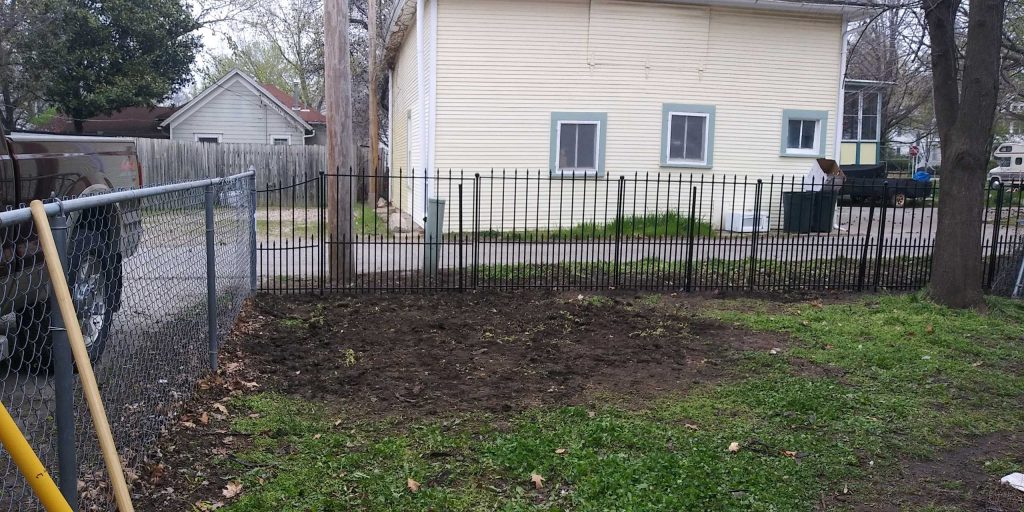
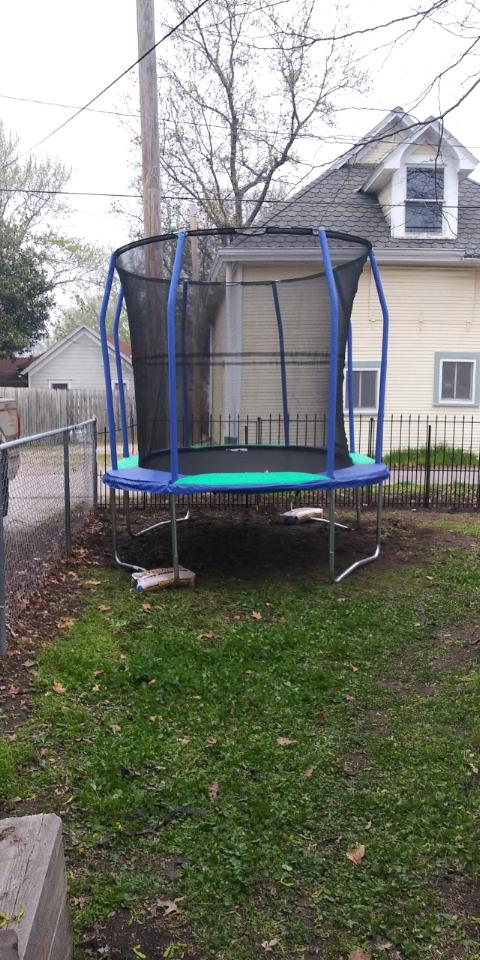
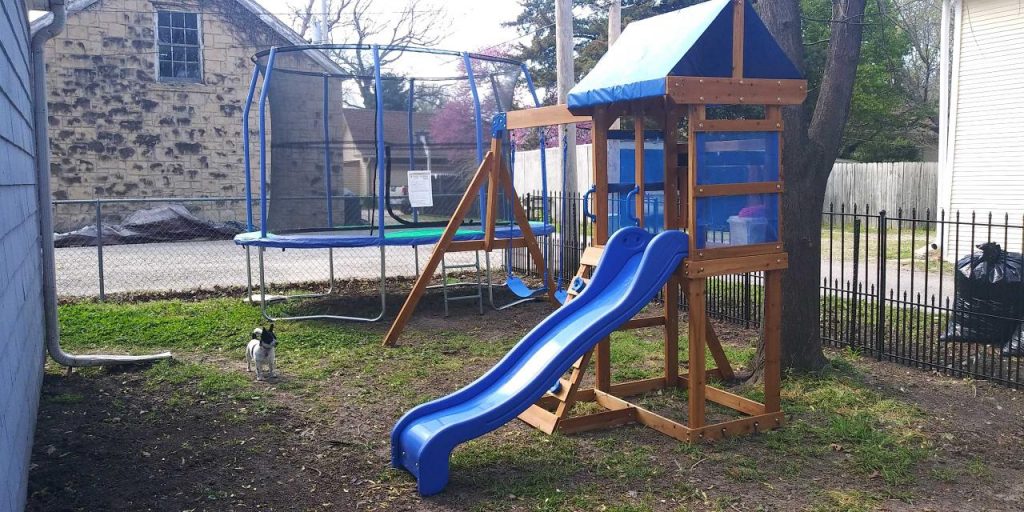



 The first you are probably familiar with; it’s the story of
The first you are probably familiar with; it’s the story of  The other story that he told was less popular. It’s a story about a Mexican priest,
The other story that he told was less popular. It’s a story about a Mexican priest, 